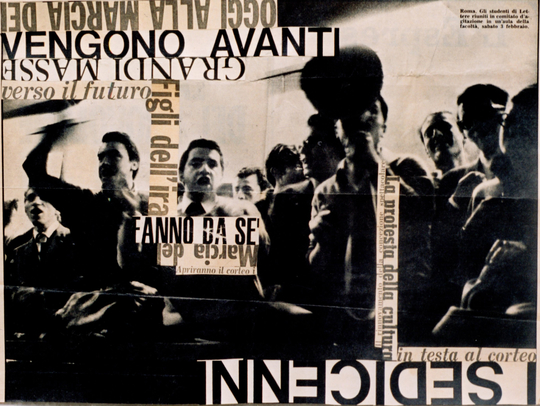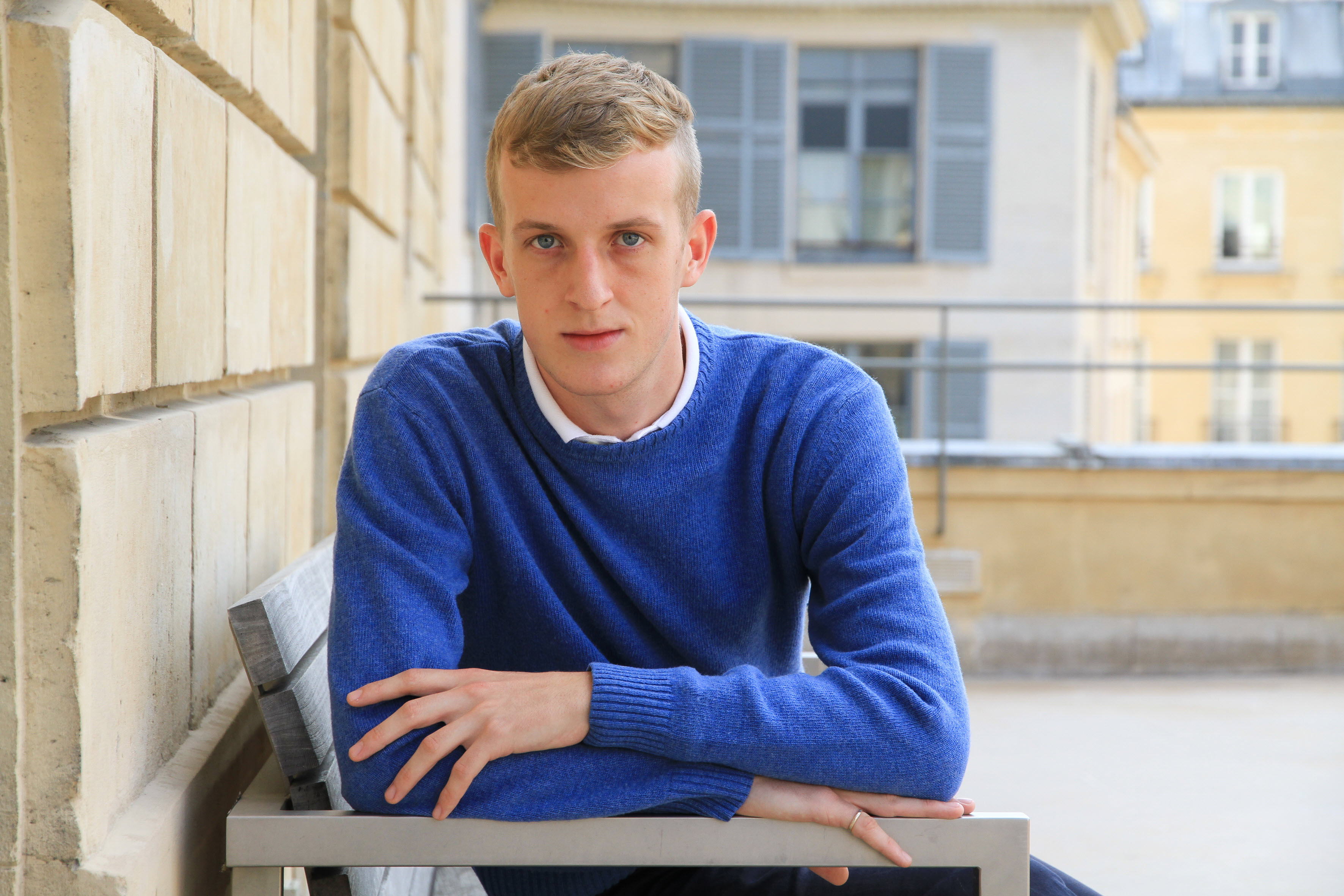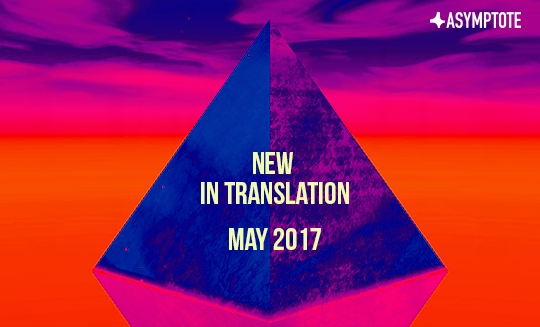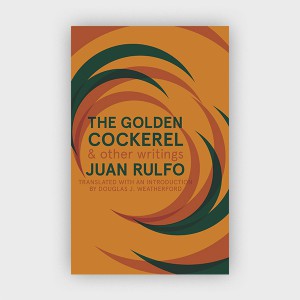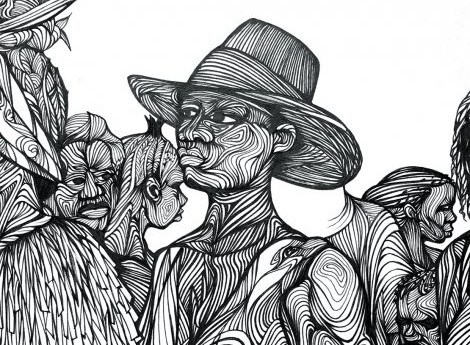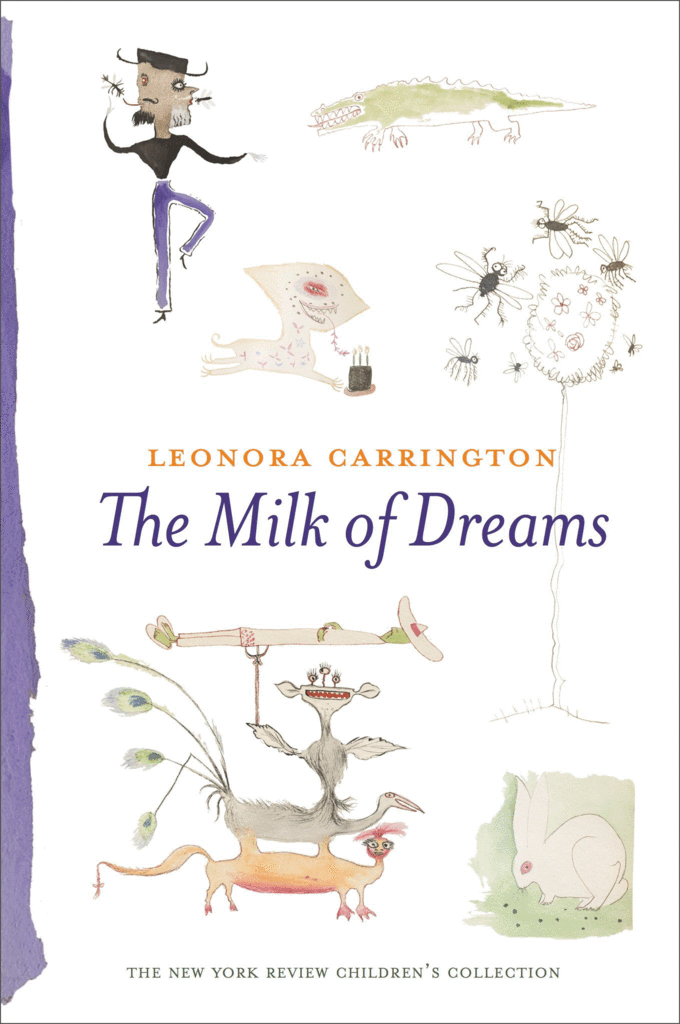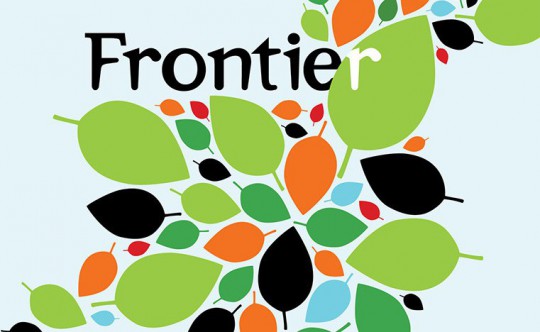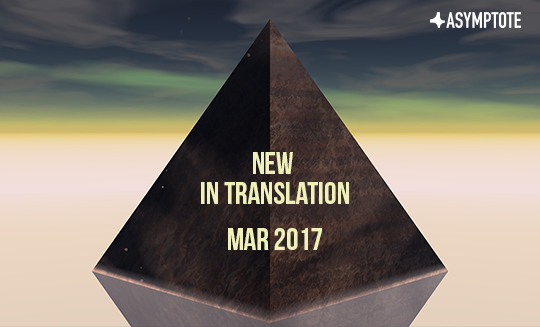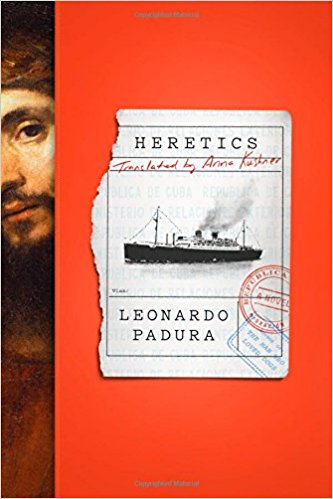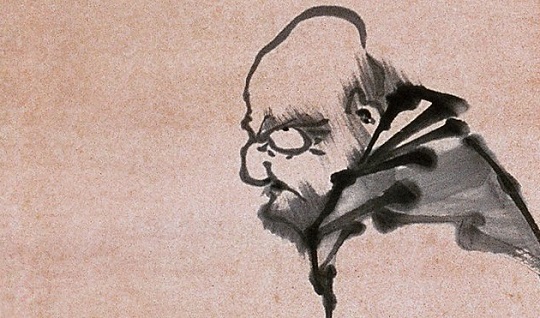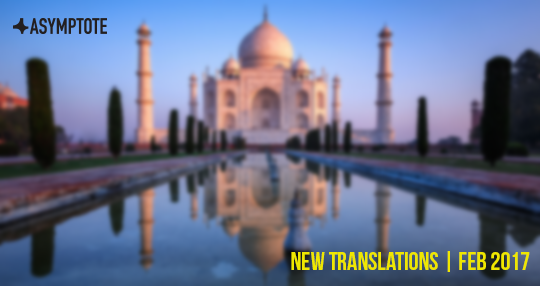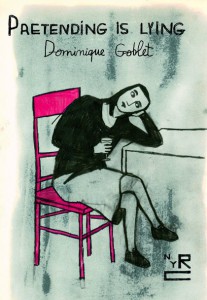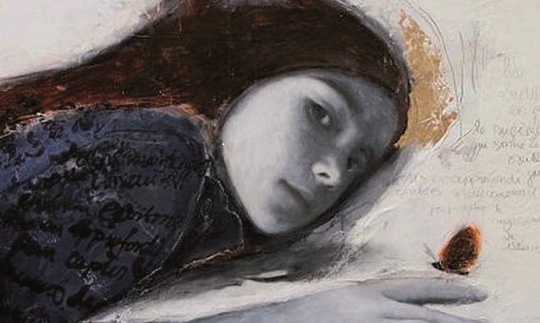Written in the mid-through-late seventies, Blackout was released in the wake of the 1968 moment, which involved a wave of radical students and anti-capitalist workers’ unrest surging throughout Western Europe. But unlike in France, that “moment” lasted in Italy for over a decade. And it is the prolonged endurance and mostly tragic ramifications that inspired Nanni Balestrini to write this outstanding algorithmically-experimental work.
It is perhaps useful to note from the very beginning how Balestrini’s radical allegiance gets in fact filtered through, mixed with, and ultimately shaped by the various cacophonous kinds of discourse he feeds into his algorithmic procedures. He is not the first to inform digital poetics with radicalism—in the US for instance, a father figure of algorithmic/digital poetry, John Cage, had professed Maoism as the ideology consistent with his own “m: writings” and “mesostic”-generating operations as early as the 1960s—but he is indeed a singular case of focusing a whole book of algorithmic writing on a radical movement. Balestrini in this respect is a pioneer, since if 21st century digital poetry can be partly characterized by a radical, anti-capitalistic ethos (albeit diffused by lingering postmodernist reflexes), back in the day digital poetics focused a lot more on the method rather than the political implications of its subjects.
Balestrini’s “how” therefore enacts a remarkably nuanced view on the “what.” Perhaps the most relevant if intriguing paradox of this book is its unrelenting focus on the radical movement and related events, expanded by an inclusive, democratic perspective that invites diversity and a discordance of viewpoints and voices—all of which is eventually turned on its head, political stance included. Radicalism itself thus gets subverted, in the sense that any possible single-minded version of it is blown up by the most uncompromising—and therefore inclusive—radicalism of all: that of the (politically and commercially unsanctioned) algorithm.

